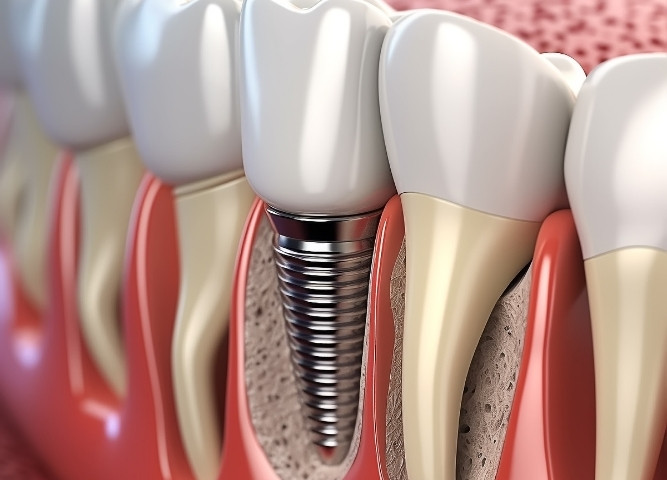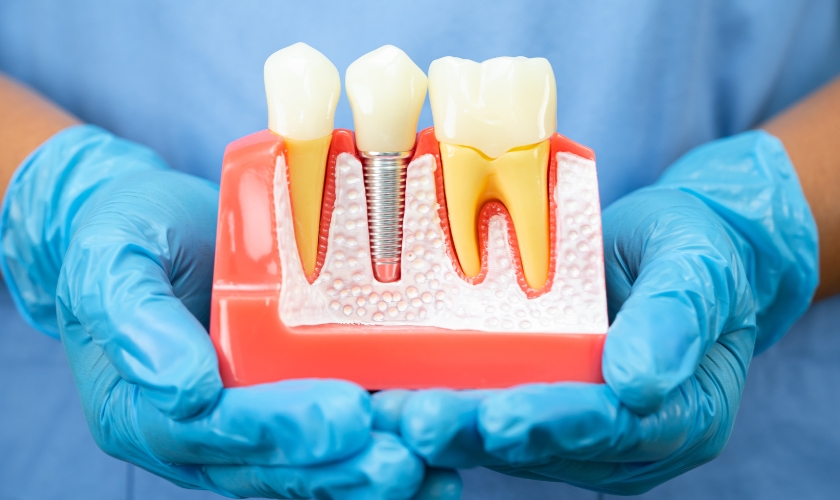Can Dental Implants Fail? Signs and Prevention Tips

Dental implants are a very popular and effective solution for missing teeth problems. The success rate is very high. Needless to say, it is indeed a reliable option for you.
However, like any other medical procedure, dental implants also have a chance of failure. But is it preventable? Yes.
Do you know how to understand if your implants are going to fail?
In this blog, you will get a good idea of how to identify the signs of dental implant failure and how you can prevent this with some simple tips.
Dental Implant Failure
When the implant does not integrate properly with your jawbone, it is a failure. You can divide it into two types:
- Early Failure: It happens within the first few months after you get the implant. This can happen because of poor healing or any infection.
- Late Failure: Late means this occurs months or years later, typically caused by loss of bone or poor maintenance.
Have you recently got a dental implant in Eldersburg?
Be aware of these signs that indicate your implant might fail soon, and know how you can prevent that with some effective tips.
What Are the Signs of Dental Implant Failure?
If you suspect any of these signs, contact your dentist at the earliest.
- Pain or Discomfort
You can expect mild soreness after your dental implant surgery. But lingering pain for weeks or months can mean a serious issue. If you face persistent pain, it can signal an infection, nerve damage, or even improper placement of your implant.
- Swelling or Inflammation
After getting a dental implant, if you see red and swollen gums around the site, it may point to another infection. If the swelling does not go away with care, you need to visit a dentist.
- Loose Implant
A healthy implant will feel secure and stable. If you feel your implant is loose or wobbly, the bone in your jaw might not integrate with it properly. In such cases, you require professional attention.
- Gum Recession
Visible gaps between your gums and the implant are clear indications that something is wrong. X-rays can reveal if any bone is deteriorated even before you notice any prominent signs.
- Difficulty in Chewing
If you notice any issues while chewing or biting after getting implants, there might be some problems with the alignment. Contact your dentist in this case to get the best stability.
How to Prevent Dental Implant Failure?
The good news is that you can avoid almost every implant failure with proper care and habits.
- Maintain good oral care. Brush your teeth twice a day using a soft-bristled toothbrush and a non-abrasive toothpaste.
- Regular flossing is essential for removing the debris around the implant. This practice will ensure your implant stays effective longer.
- Schedule regular cleanings with your dentist to ensure your implants are in top shape.
- After your surgery, follow your dentist’s guidelines and maintain cleanliness around the implant area.
- If you are a smoker, quit it. Smoking delays healing and increases the chances of infection.
- Do not chew on hard objects; use a mouthguard, especially during sports, to protect your mouth from hits and falls.
Remember, your dental health is in your hands. With these simple measures, you can guarantee a long-lasting dental implant. Stay committed to your routine and smile with confidence.
